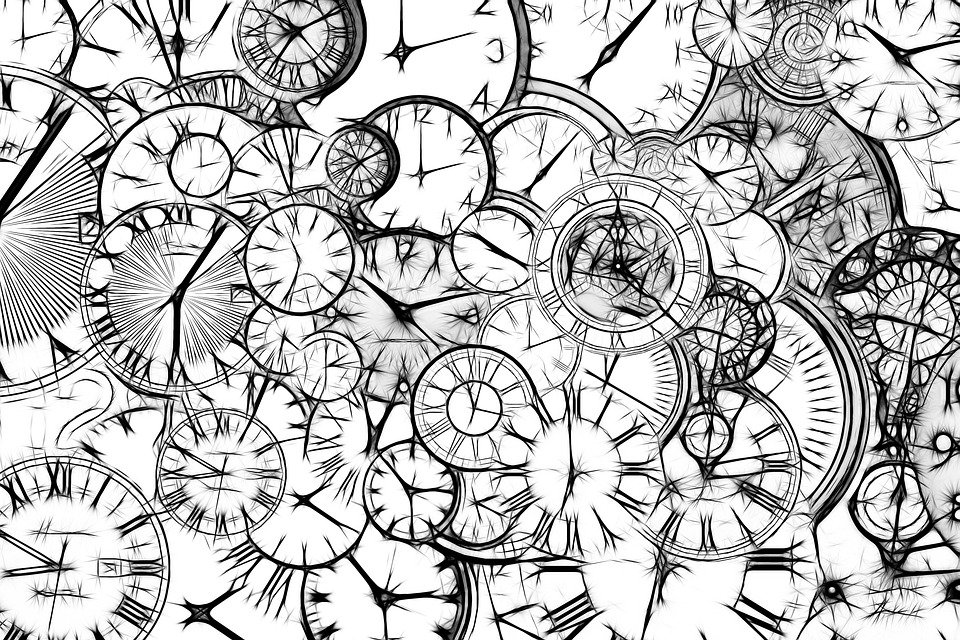The Evolution of Faith: Examining the Rise of Godless Realities
Introduction
Faith has been a fundamental aspect of human existence for centuries, providing individuals with a sense of purpose, hope, and belief in something greater than themselves. It has shaped civilizations, guided moral and ethical principles, and influenced human behavior and decision-making. However, in recent times, there has been a noticeable rise in godless realities, where people are moving away from traditional religious beliefs and embracing a secular worldview. This article aims to explore the evolution of faith and delve into the reasons behind the increasing trend of godlessness in today’s society.
The Shift Towards Secularism
Over the past few decades, there has been a noticeable shift towards secularism in many parts of the world. This shift can be attributed to various factors such as advancements in science and technology, the increasing accessibility of information, and the rise of individualism.
Advancements in Science and Technology
Scientific discoveries and technological advancements have challenged traditional religious beliefs and provided alternative explanations for natural phenomena and the origins of life. As society becomes more scientifically literate, individuals are questioning long-held religious dogmas and seeking rational and evidence-based explanations for the world around them.
Accessibility of Information
The advent of the internet and the proliferation of social media platforms have made information readily available to individuals like never before. People now have access to diverse perspectives and worldviews, allowing them to critically evaluate and question their own beliefs. The exposure to a wide range of ideas has led many to abandon traditional religious frameworks and embrace more secular ideologies.
Rise of Individualism
In recent times, there has been a growing emphasis on individual freedom and autonomy. People are increasingly valuing personal experiences, self-expression, and the pursuit of happiness on their own terms. This focus on individualism often clashes with religious doctrines that impose strict moral codes and limitations on personal choices. As a result, individuals are more inclined to adopt secular ideologies that prioritize personal freedom and self-determination.
The Role of Education
Education plays a significant role in shaping individuals’ beliefs and worldviews. As access to education expands, more people are exposed to critical thinking, scientific knowledge, and diverse philosophical perspectives. This exposure encourages individuals to question inherited beliefs and consider alternative viewpoints, including those that challenge religious dogmas. Additionally, educational institutions are becoming more secular in nature, providing an environment that fosters critical inquiry and the exploration of godless realities.
Frequently Asked Questions (FAQs)
Q: What does “godless realities” mean?
A: “Godless realities” refer to the increasing trend of individuals rejecting traditional religious beliefs and embracing a secular worldview that does not rely on the existence of a supreme being or divine power.
Q: Does the rise of godless realities mean people are becoming atheists?
A: Not necessarily. While atheism is one form of godlessness, the rise of godless realities encompasses a broader spectrum of beliefs that range from agnosticism to secular humanism. People may reject traditional religious doctrines without necessarily identifying as atheists.
Q: Is the decline in religious belief a global phenomenon?
A: While the decline in religious belief varies across different regions, there is a global trend towards increased secularism. Western countries, in particular, have experienced a significant decline in religious affiliation, while some regions, such as parts of Africa and the Middle East, still maintain strong religious adherence.
Q: Can faith and godlessness coexist?
A: Yes, faith and godlessness can coexist. While religious faith relies on belief in a higher power, individuals can have faith in various aspects of life without adhering to traditional religious doctrines. Faith can be placed in humanity, personal growth, or the power of human connection, among other things.
Conclusion
The evolution of faith and the rise of godless realities reflect the changing dynamics of human society. As science, technology, and education continue to advance, individuals are exposed to new ideas and perspectives that challenge traditional religious beliefs. The shift towards secularism is driven by a quest for rationality, personal freedom, and the rejection of dogmatic doctrines. While the rise of godless realities may seem threatening to some, it is essential to recognize that it represents the diversity of human thought and the continuous search for meaning and purpose in an ever-changing world.

